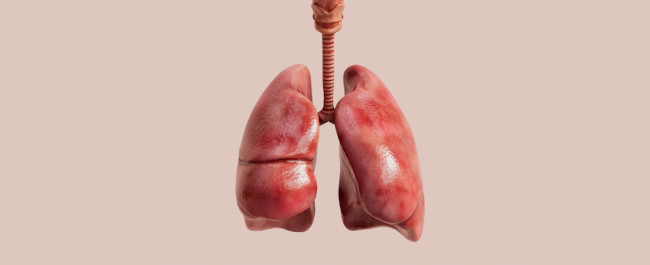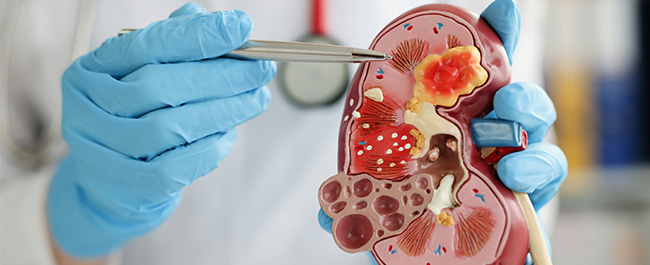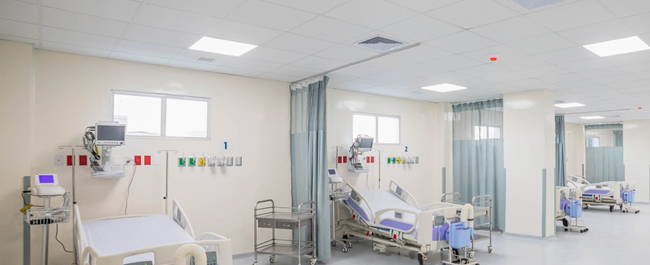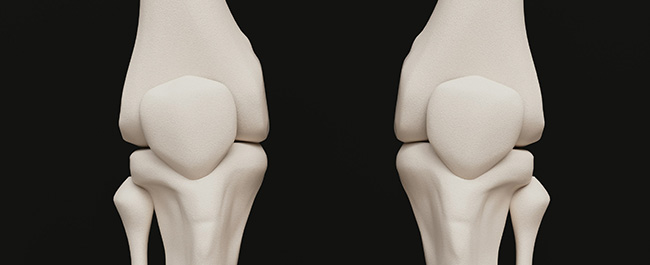Life of Breath: Improving understanding of breathlessness
Research by the Department of Philosophy has revolutionised the way breathlessness is understood by medical professionals and the public.
Dedicated to the possibility that everyone, everywhere can reach their full health potential, our projects are pushing the limits of medical innovation, shaping policy and demanding access for all.
Research by the Department of Philosophy has revolutionised the way breathlessness is understood by medical professionals and the public.
The eye disease uveitis affects thousands of children every year - but a landmark trial has enabled worldwide access to new, sight-saving medication.
Understanding the impact of HIV infection and menopause on the musculoskeletal health of African women.
Dr Oliver Quick is a recognised authority in Criminal Law and Medical Law, with a special interest in patient safety. His recent research has focused on how prosecutors and experts negotiate criminal law and process in these controversial cases.
New cell analysis procedures have led to improved diagnostic techniques and national standards for cell processing.
Research and application of implementation science drives programme that significantly reduces risk of brain damage in babies born early.
Research by the University of Bristol has helped to develop a world-first radar-based cancer detection system that is now being used in hospitals.
Research by the University of Bristol supported the UK government’s decision to introduce a new vaccine for UK infants that has led to a 75% reduction in cases.
Research leads to more targeted and less damaging therapy for nephrotic syndrome.
In the immediate aftermath of the first Covid-19 lockdown, Bristol researchers helped authorities to better understand the risks of airborne viral transmission and formulate a response.
A Bristol course is helping to reshape the professional development of clinicians by integrating humanities into medical training.
By pioneering the development of organic residue analysis, University of Bristol research has transformed the recovery of cultural heritage during commercial archaeological investigations.
Research improves understanding of effectiveness and risks.
Bristol has contributed to research that provides a new evidence base for improving care and reducing harm caused by treatments.
Research leads to increased availability of lower-cost treatment for a major worldwide cause of sight loss.
Research profoundly changes the practice of joint replacement globally.
Research provides evidence for the effectiveness of treatment and prevention programmes that have influenced international healthcare policies and reduced cases worldwide.









.jpg)





